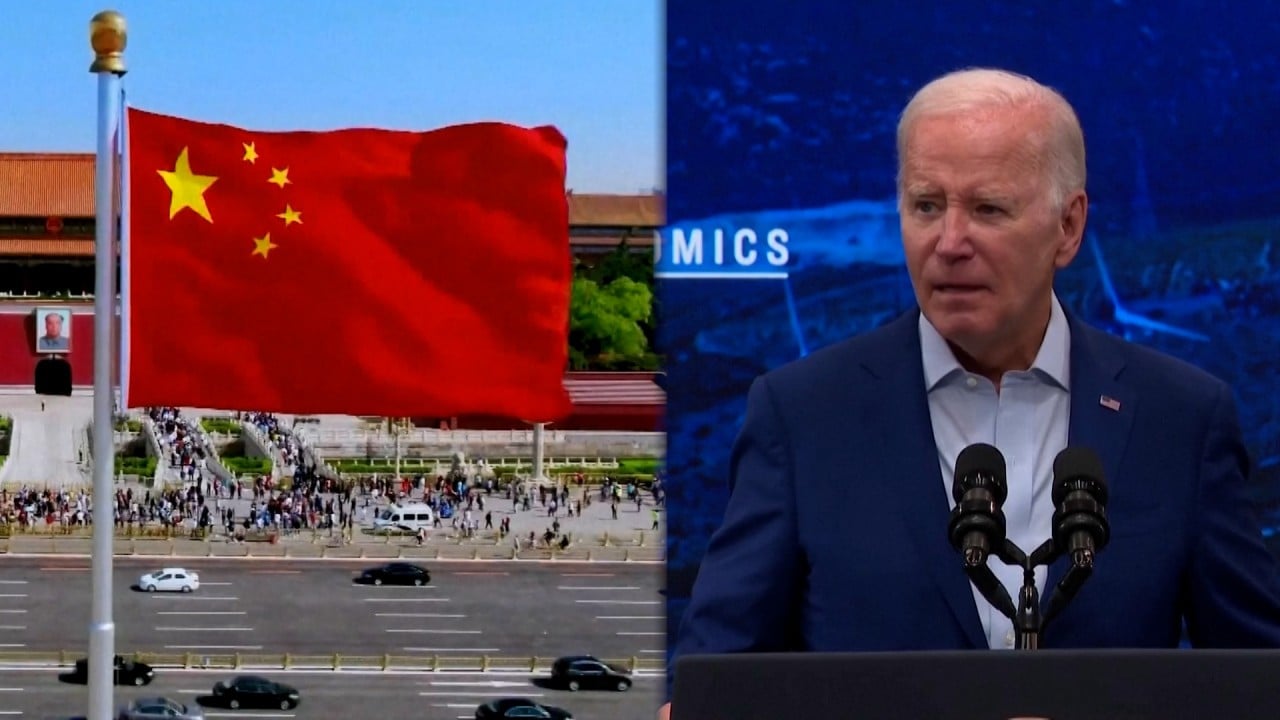
US-China tech war: Beijing wants young tech talent to play leading role amid self-reliance push
- China’s State Council rolled out a series of measures on Sunday aimed at cultivating and utilising young talent in technological fields
- The moves are aimed at addressing common challenges faced, including a lack of financial support and opportunities at the start of their careers
China has pledged to provide more opportunities and funding for young tech talent as part of a plan to improve science and technology self-reliance amid intensifying competition with the United States.
The State Council rolled out a series of measures on Sunday aimed at cultivating and utilising young talent in technological fields, vowing to let them “play the leading role” in major projects.
To make its tech talent pool younger and more vigorous, it ordered that at least a half of the leaders and core members of major projects should be aged below 40, and a basic research fund from the central government should mainly be allocated to those under the age of 35.
The professional lives of its young tech talent “highly matches” China’s plan to become a modernised power by the middle of the century, said a directive published by the official Xinhua News Agency.
Young tech talents are physically vigorous, active in thinking, and quick in updating knowledge
Taking advantage of the group is “of great importance” for the nation to achieve independence in science and technology and strengthen talent competitiveness, it added.
Beijing considers talent as central to its technological advancement as China’s five-year plan for 2021-25 focuses on innovation-driven growth and the tech war with the US heightens.
“Young tech talents are physically vigorous, active in thinking, and quick in updating knowledge,” said an interpretation of the new policies from the Ministry of Science and Technology published on Sunday.
“Some have a broad, global vision, and are able to grasp the latest trends in technology.”
However, they commonly face challenges including a lack of financial support and opportunities at the start of their careers, an appraisal system that fails to reflect their characteristics, an increased burden in non-research tasks, as well as heavy pressure in life, it said.
The latest directive promises to remove barriers relating to job titles and education background and loosen age restrictions for applicants for key research and development projects.
It also vowed to provide young professionals with more power in decision-making bodies, highlighting that at least a third of the team specialising in assessing the performance of tech projects should be aged below 45.
It will simplify bureaucratic processes for claiming expenses and reduce their requirements to attend non-research related activities, allowing 80 per cent of their time every week to be focused on their research.
It also pledged to “use appropriate measures” to improve incomes, which are believed to be much lower than their Western peers.
Despite a number of recent policies, science professionals in China have long been complaining about the amount of administrative work required for government-backed projects.
The appraisal system has also largely been based on titles, honours and the number of papers published, making it difficult for younger talent.
China’s expenditure on research and development hit a record of 3.09 trillion yuan (US$426 billion) last year, up by 10.4 per cent from 2021.


